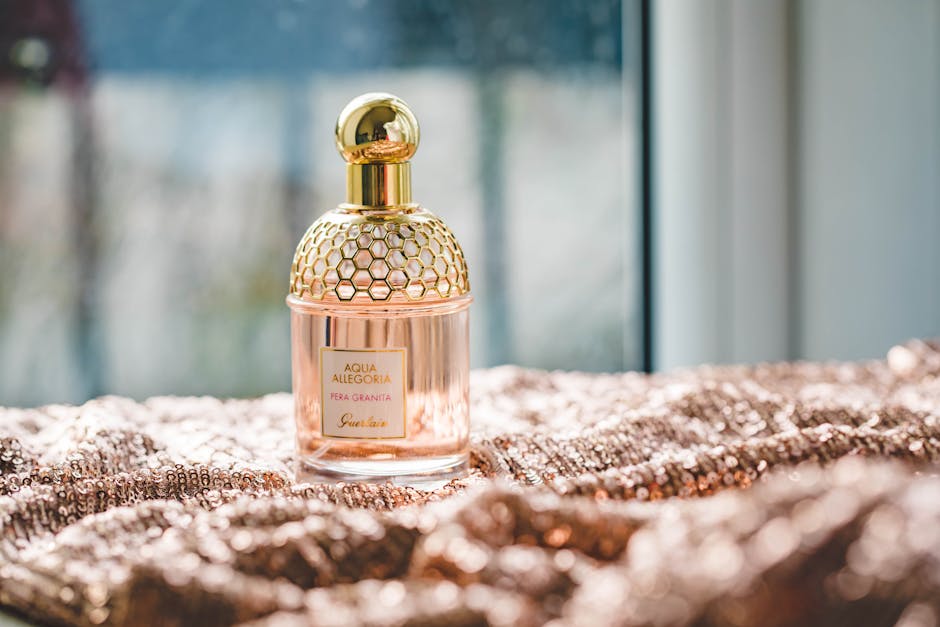Ingredient quality undoubtedly plays a role. High-end brands frequently source rare and exclusive ingredients, often touted for their potent properties. These may include exotic oils, specialized extracts, or meticulously cultivated botanicals. The sourcing and processing of these ingredients can significantly inflate the final product cost. However, the mere presence of an “expensive” ingredient does not automatically translate to superior results for every consumer. Individual skin types and needs vary drastically, rendering a particular high-priced ingredient ineffective or even irritating for some. Furthermore, sophisticated extraction methods employed to preserve the integrity of active compounds add to the overall expense.
Manufacturing processes also contribute significantly to price differences. Luxury brands often employ more meticulous and time-consuming manufacturing processes, employing smaller batch sizes, advanced machinery, and stringent quality control measures. This dedication to precision enhances product consistency and minimizes the risk of impurities. Conversely, mass-market brands often utilize automated, large-scale production, resulting in cost savings but potentially compromising some aspects of quality control and consistency across batches. The packaging, too, often reflects the price point; luxurious materials and intricate designs are inherent to high-end brands, adding considerable cost compared to simpler packaging employed by more budget-friendly alternatives.
Marketing and branding represent another crucial factor influencing the final price. High-end brands invest heavily in sophisticated marketing campaigns, celebrity endorsements, and brand storytelling, all contributing to their perceived value and justifying higher prices. This investment in brand building is often reflected in the product’s price, a significant portion of which may not directly relate to the intrinsic quality of the cosmetic itself. Conversely, mass-market brands typically allocate less to marketing, enabling them to offer products at considerably lower prices.
Scientific evidence supporting the superiority of expensive cosmetics is surprisingly limited. While some high-end products might include scientifically-proven active ingredients at higher concentrations, rigorous, independent studies directly comparing the efficacy of expensive versus inexpensive cosmetics with similar claimed benefits are scarce. Many studies comparing products are funded by the brands themselves, potentially influencing the results or interpretations. Therefore, consumer reviews and anecdotal evidence, while valuable, are subjective and lack the objectivity of well-designed clinical trials.
Furthermore, the concept of “quality” in cosmetics is multifaceted. It encompasses not only the product’s performance in terms of efficacyfor instance, the effectiveness of a moisturizer in hydrating the skin or a foundation in providing flawless coveragebut also factors like texture, scent, and overall sensory experience. A luxurious texture and pleasant fragrance might justify a higher price point for some consumers, regardless of the product’s objective efficacy in achieving a specific outcome. Similarly, the sustainability and ethical sourcing practices of a brandfactors often associated with luxury productsalso influence the perceived quality and justify a premium price.
In conclusion, asserting that expensive cosmetics are always superior in quality is a generalization lacking conclusive scientific backing. While high-end brands often invest in premium ingredients, sophisticated manufacturing, and extensive marketing, these factors do not always directly translate to demonstrably superior results for every individual. The effectiveness of a cosmetic product is often influenced by individual skin type, preferences, and desired outcomes. Consequently, a wise consumer should prioritize informed decision-making, carefully analyzing the ingredients list, understanding the brand’s claims, and considering their specific needs before associating price with quality. Ultimately, the “best” cosmetic product is not solely determined by its price but by its ability to deliver the desired results and meet the individual’s expectations. Smart consumers should engage critically with marketing rhetoric and rely on informed comparisons rather than blindly accepting a premium price as an indicator of exceptional quality. A thorough understanding of ingredients, manufacturing processes, and one’s own skincare needs is far more valuable than simply prioritizing price alone.
